Pennsylvania Gov. Tom Wolf on Friday signed into law a bill establishing a regional approach to combating COVID-19 in senior living and care communities, along with nearly $300 million in funding to assist long-term care providers during the pandemic.
Assisted living communities and personal care homes in the Keystone State will receive a collective $50 million under House Bill 2510, the Senior Protection Act to Safeguard At-Risk Seniors, which the Pennsylvania General Assembly unanimously had approved on Thursday. Nursing homes will receive $245 million.
The legislation establishes a “coordinated, collaborative public private partnership approach to regional health system collaboratives that will administer/manage personnel, protocols, testing and expenditures” to protect seniors in assisted living communities, personal care homes and nursing homes. Speaker of the House Rep. Mike Turzai (R-Allegheny), who wrote the legislation, called it a “data-driven direct response to Pennsylvania’s COVID-19 health crisis.”
Zach Shamberg, president and CEO of the Pennsylvania Health Care Association, thanked the legislators for “prioritizing our state’s nursing homes, personal care homes and assisted living communities in the fight against COVID-19.”
“Long-term care has become the epicenter of this epidemic in Pennsylvania, and facilities across the state have fought to obtain testing, personal protective equipment and staffing resources, often without the means to cover rising costs and expenses,” Shamberg said. “Today’s united, bipartisan effort by the General Assembly to allocate nearly $300 million in critical emergency funding sends a clear message of support to those on the front lines. This is an important step in ensuring our most vulnerable residents, and those who care for them, receive the aid they so desperately need.”
LeadingAge PA President and CEO Adam Marles commended the Pennsylvania General Assembly for “recognizing the extraordinary costs borne during this crisis by long-term care providers.”
According to PHCA and LeadingAge PA, there are more than 123,000 individuals living in 58 assisted living facilities, 1,143 personal care homes and 697 nursing homes throughout the state. These settings employ 143,000 people.
Margie Zelenak, executive director of the Pennsylvania Assisted Living Association, said the organization worked directly with legislators to “address the dire need for financial support” for the personal care homes and assisted living residences.
“The additional costs for PPE, infection control and hazard pay for staff has strained many communities,” Zelenak said. “HB 2510 distributes the CARES Act funding of $45 million for these communities, which will assist in the fight that continues during the COVID-19 crisis.”
The legislation provides $45 million for assisted living communities and personal care homes based on occupancy and another $5 million for personal care homes based on the number of residents for whom a home received a payment from the state Department of Human Services for Supplemental Security Income.
Overall, the legislation will provide $350 million from Pennsylvania’s allotment of $3.9 billion in federal COVID-19 funds that will be distributed by the Department of Human Services in consultation with the Secretary of Health to academic health systems, according to Turzai. DHS will divide the state into regions and contract with these academic health systems to operate, manage and administer the program in each region.
Turzai said the key is to get funding into the hands of the private sector entities “that can best implement and manage protocols, personnel, testing, data collection, quarantining, cohorting and oversight in a prompt, flexible and innovative manner.”
“This regional approach will tap into the existing relationships and expertise of our first-class academic and research hospitals to help protect our most vulnerable citizens, our seniors, many with underlying health issues,” Turzai said in a release. “We need the expertise of Pennsylvania’s outstanding academic medical experts, located in every region of the state because these settings are not fully equipped to protect their residents.”
On Thursday, the Pennsylvania Department of Health reported 15,158 resident cases of COVID-19 and 2,563 cases among employees at 600 nursing and personal care facilities in the state. Out of the state’s 5,373 deaths, 3,501 (65%) have occurred in residents from nursing or personal care facilities.


 Mailing List
Mailing List